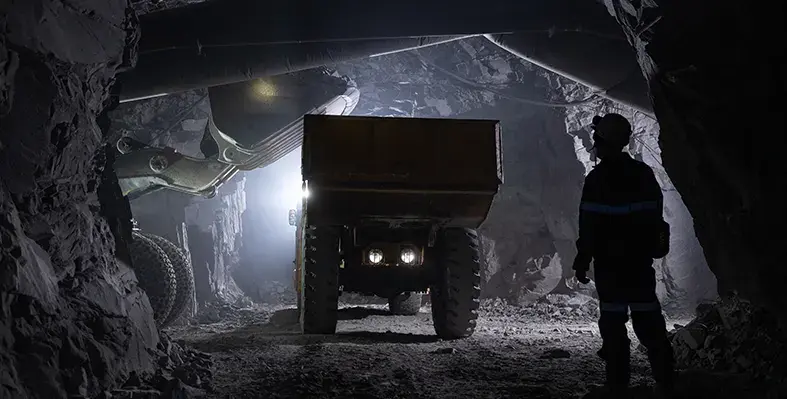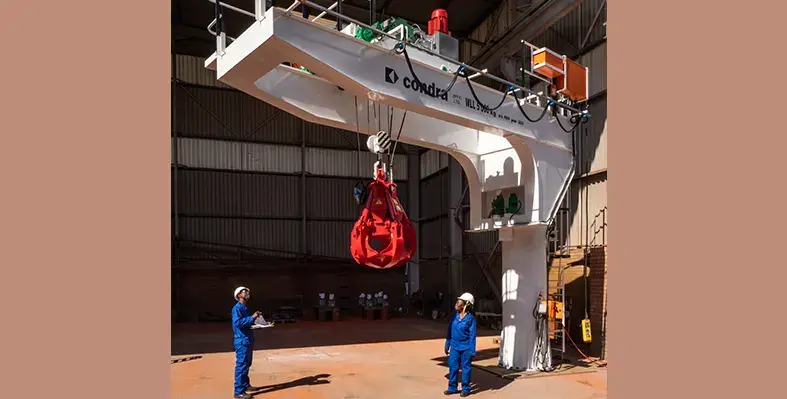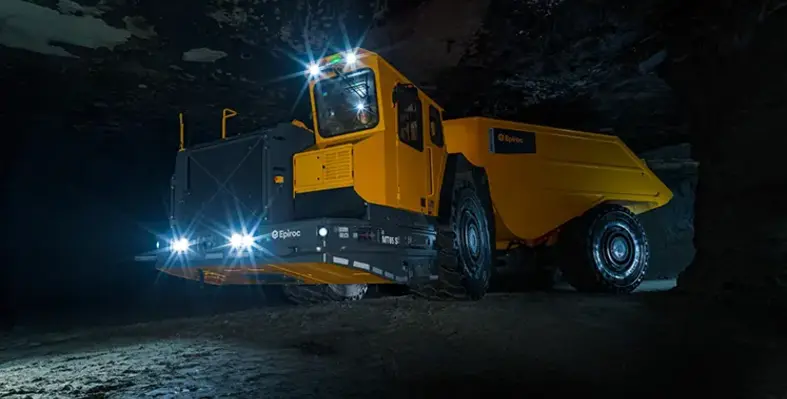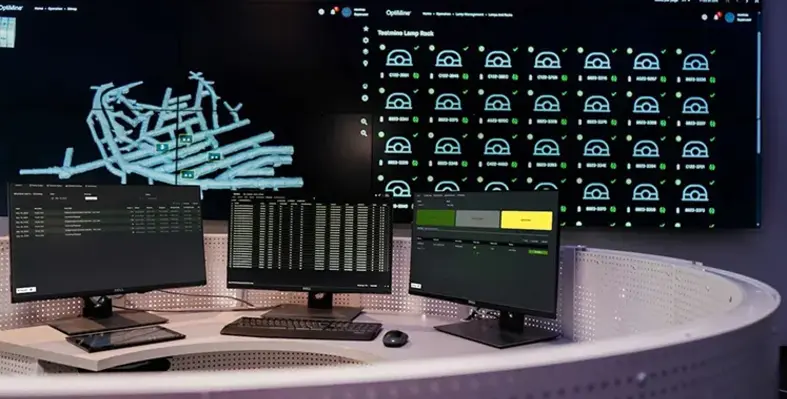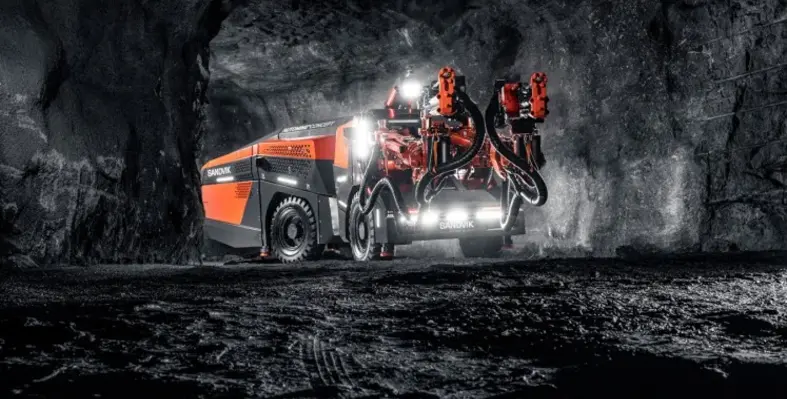
Sandvik unveils DataDrive’31, a six-year, €80 million programme to boost mining productivity, safety, and sustainability globally. (Image source: Sandvik)
Sandvik has unveiled DataDrive’31, an ambitious technology programme designed to accelerate the digital transformation of the mining sector through data-driven innovation
The six-year initiative carries a total budget of EUR 80 million (approx. US$87.2mn). Business Finland has approved EUR 16 million (approx. US$17.4mn) in R&D funding for the first three-year phase, with the potential to allocate an additional EUR 16 million (approx. US$17.4mn) for the second phase. The remainder will be directly financed by Sandvik, reflecting its strong commitment to technological advancement and the digitalisation of mining operations. A mid-term review will take place after three years to assess progress before moving into the next stage.
DataDrive’31 aims to develop innovative data-based technologies and solutions that improve productivity, safety, and sustainability across the entire mining value chain. Its key goals include:
-
Creating new services and products by utilising and commercialising data.
-
Integrating data-driven systems into equipment, operations, and aftermarket services to deliver comprehensive digital solutions.
-
Developing predictive and prescriptive operating environments that foster smarter, safer, and more sustainable mining practices.
“DataDrive’31 is at the forefront of the technological transformation of the mining industry,” said Mats Eriksson, president, mining at Sandvik. “Business Finland’s support accelerates our planned R&D work in key technology areas and strengthens our competitiveness in global markets. The strong technological expertise of Sandvik in Finland forms the foundation for this investment. DataDrive’31 is a key driver for the growth of our mining business and demonstrates our commitment to leading the industry’s data-driven future.”
Sandvik has a long-standing tradition of significant investments in R&D, digitalisation, automation, and electrification. Building on this foundation, DataDrive’31 reinforces Sandvik’s position as a leader in mining technology, ensuring it continues to deliver innovative, future-ready solutions for customers worldwide while driving sustained industry leadership.







